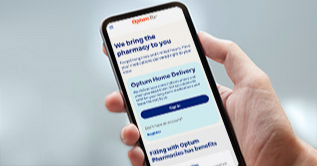The relationship you have with your doctor is an important part of getting good health care. Planning ahead and being ready is key to a good patient-doctor partnership. Here are some tips to help you play an active role in your care plan.
Make good lists
Write lists and bring them with you to your doctor’s appointment. Here are things that are important for your doctor to know:
- Signs of any health problems you have. Also note how often it happens or when the health issue started.
- Any medicines you take. Include prescription, over-the-counter and herbal supplements. Also how much you take and how often.
- Changes in your personal habits or lifestyle. Are you drinking more alcohol? Quit smoking? What about recreational drugs or exercise? Good or bad, you can tell your doctor.
- Write down the questions you want to ask your doctor. That way, you won’t forget to ask them at your appointment.
- Print this before your next visit with your doctor.

Use your time wisely
Here are ways to help your doctor help you:
- Rank your list of questions or concerns in order of importance. Talk about your top three first.
- Be honest with your doctor. Remember, your doctor only wants what’s best for you.
- Give information instead of waiting to be asked. The faster your doctor knows what the problem is, the quicker you can work on getting it fixed.
- Don’t be afraid to ask questions. Don’t be scared or shy or feel you’re being pushy. It’s your time and you’ll feel happier when you leave if you have answers to all your questions.
- At the end, ask for a quick recap. Then you’ll know exactly what you need to do to take care of yourself after you leave.
Build a good relationship with your doctor
Research has shown that patients who have good relationships with their doctors are happier with their overall care. Working as a team with your doctor could help to:
- Find the cause and fix health problems as quickly.
- Regain strength or reach your health goals sooner.
- Enjoy better overall health and feel happier in life.
The information provided is for general informational purposes only and is not intended to be medical advice or a substitute for professional health care. You should consult an appropriate health care professional for your specific needs.



